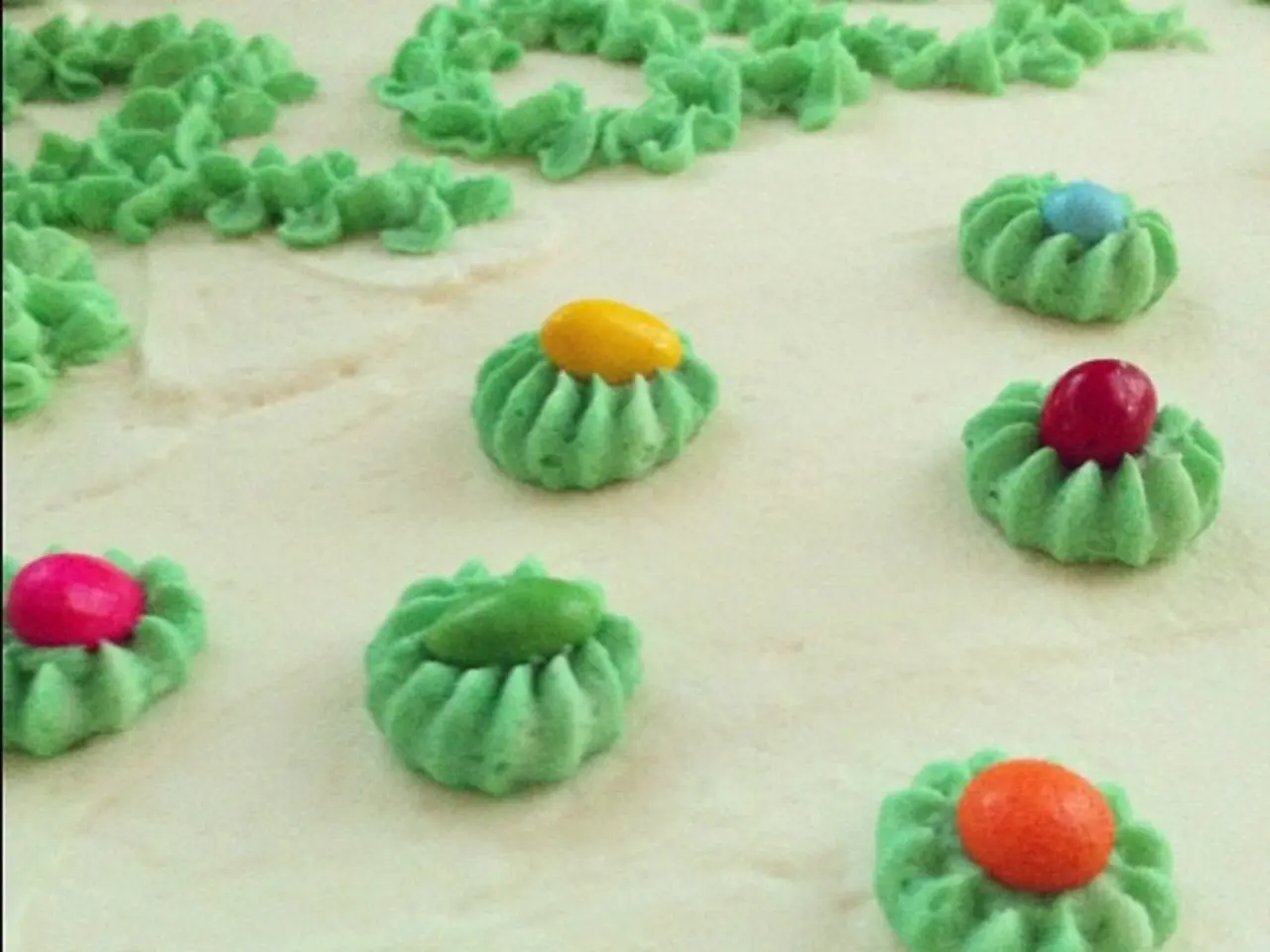Understanding Rosacea: An Overview
Rosacea is a chronic skin condition that primarily affects the face, often manifesting as redness, visible blood vessels, and acne-like bumps. In this article, we will discuss effective home remedies for managing rosacea symptoms, identifying triggers, and maintaining healthy, radiant skin.
Moisturizing well and often is crucial for individuals with rosacea. Adequate hydration helps rebuild the skin barrier, reducing flare-ups, and preventing redness and irritation. Keeping moisturizer handy for frequent application is advisable.
When washing the face, use lukewarm water to avoid stripping the skin. Consider using cleansing products that do not require water.
In case of angry, red flare-ups, apply cold compresses, such as an ice pack wrapped in a soft cloth, to calm the skin.
Be gentle with the skin. Use very soft cloths or cotton, avoid harsh exfoliation, and choose gentle exfoliators with smooth beads (e.g., jojoba beads) to help remove dead skin cells without irritation and to enhance moisturizer absorption.
Identifying and avoiding personal triggers is vital for managing rosacea. Common triggers include spicy foods, alcohol, stress, sun exposure, drastic temperature changes, and irritating cosmetic or laundry ingredients. Keeping a diary can help track these triggers for avoidance.
Protecting the skin from the sun is essential due to the potential for sun exposure to lead to flare-ups. Use sun protection measures daily at home, and ensure sunscreen with at least SPF 30 is a must-have.
Incorporating anti-inflammatory foods into the diet, such as fatty fish, leafy greens, fruits rich in antioxidants, nuts, and seeds, can help manage rosacea symptoms.
Taking care of mental health is just as important as caring for the skin in managing rosacea. Stress management techniques, such as yoga, meditation, regular exercise, and deep breathing exercises, can help manage stress and reduce the risk of rosacea flare-ups.
Makeup products designed for sensitive skin, green-tinted primers, and mineral foundations are often less irritating for those with rosacea. Fragrance-free and non-comedogenic skincare products are recommended.
Aloe vera can provide relief from rosacea by soothing inflamed skin, and oatmeal masks can help alleviate irritation and redness. Green tea has anti-inflammatory properties and can help reduce redness and irritation.
Ocular Rosacea affects the eyes, causing irritation, redness, and swollen eyelids. In such cases, seeking professional help from a dermatologist is advisable. Laser therapy, such as pulsed dye laser or intense pulsed light therapy, can help reduce redness and improve skin texture for those struggling with persistent redness or visible blood vessels.
While topical and oral medications prescribed by doctors play a key role in treatment, these home care strategies are essential to manage symptoms effectively and reduce flare frequency. However, it is important to note that rosacea cannot be cured by home remedies alone, and persistent symptoms should be discussed with a dermatologist for targeted therapies.
In summary, the most effective home remedies for managing rosacea symptoms focus on gentle, hydrating skincare, cooling inflamed skin, avoiding triggers, and protecting against sun exposure. With the right strategies and support, it is possible to live with rosacea and maintain healthy, radiant skin.
Using sunscreen daily with at least SPF 30 is essential for individuals with rosacea, as sun exposure can lead to flare-ups.
Avoiding spicy foods, alcohol, stress, sun exposure, drastic temperature changes, and irritating cosmetic or laundry ingredients can help identify personal triggers for rosacea.




